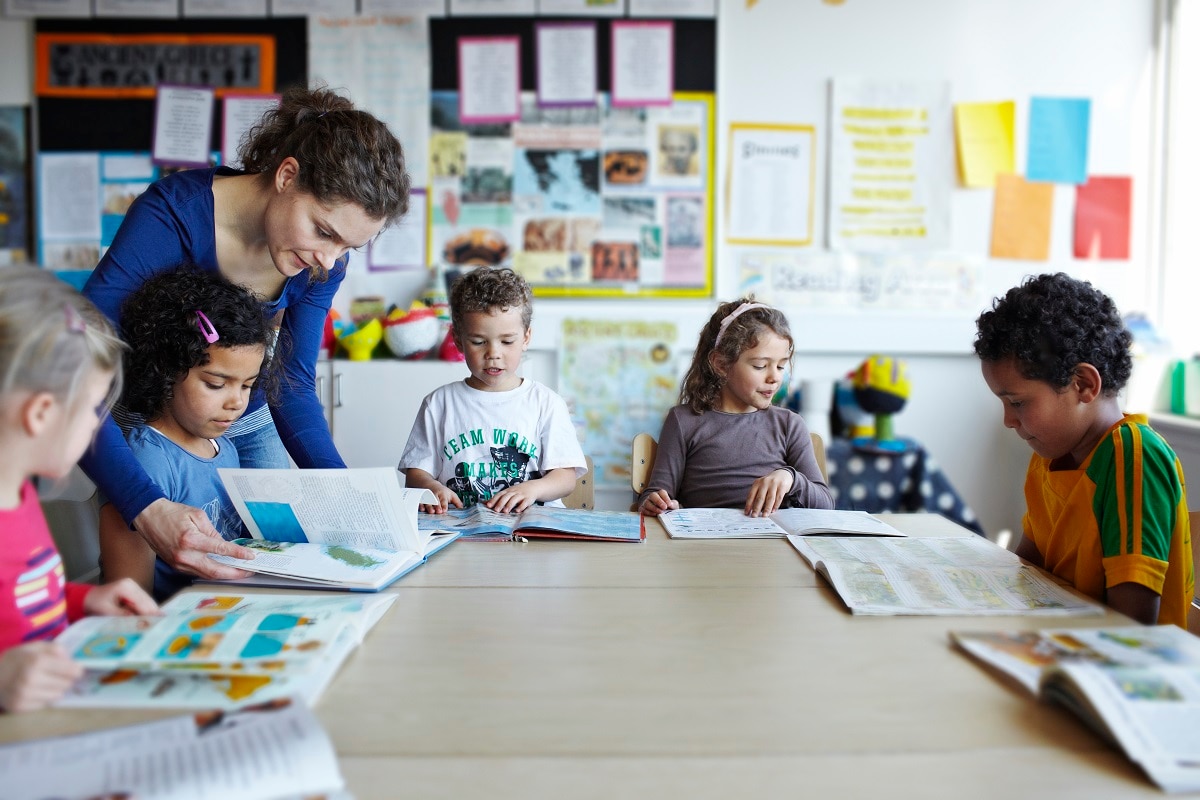By parenting & school expert Emma Bradley
Many children and teenagers have headed back to the classroom this week after a long 5 months of home learning. School leaders, teachers, support staff and governors have spent many hours doing all they can in recent weeks to make schools the safest they can be, but of course we still feel some anxiety about Covid-19 and a second wave that would result on reverting to home learning.
As we wave off our kids in their school uniform there is a question mark in many of our minds. Many of us are thinking ahead and wondering whether we should make contingency plans in case there are local or national lockdowns this winter.
The Department for Education has outlined plans that in the first instance of local lockdowns that schools will still operate for all students. If extra measures are needed, primary school children would remain in classrooms, but secondary school pupils would revert to home learning. The final stage would be a return to full school closures (apart from keyworker children).
On a personal level I quite enjoyed home learning with my 10-year-old but that is because I come from a teaching background and I also have a keen learner. I was able to quickly adapt but many of my friends found it much more challenging. I responded by helping friends structure their day and I supported them by sharing resources as I knew where to look. We also had a focus as we have spent time preparing for the 11+ exam that she is taking next month.
>> Looking for a tutor? Find one in your area now.
Alternative Approaches to Home Learning
Many of us cannot face the thought of home learning again, we have exhausted our crafting and academic skills and we know that juggling home learning with our own paid work is near impossible. Some parents got really creative in order to support their children’s education and many others are making tentative plans should we revert to home learning.
Learning portals
Firstly, there are many online platforms that are learning portals suitable for children of all ages. I have used the two online platforms Atom Learning and KSOL, both provide learning opportunities with video sessions and then online questioning. My daughter liked these portals as she can work at her own pace. She found them engaging, especially Atom Learning who have a wide spectrum of topics.
Tutoring
Secondly, if your children need more structure and benefit from face to face tutoring there are many ways to find an online tutor. For secondary school pupils you could book a tutor for specific subjects if they are missing teaching. Both my teenagers benefitted from a Maths tutor in their GCSE years and it gave them confidence and obviously filled their learning gaps.
If online learning is hard for your child then you may prefer a local tutor, a good place to find a reputable tutor is by asking locally or using a tutor agency that can put you in touch with local providers.
Online nannies & virtual care
In addition to tutors teaching a specific subject there has been a growth of online classes and nannies. These nannies would play virtually with your children to allow the parents some time to get on with their work. This could involve having stories read to them or even crafting together. Many university students got involved and supported parents this way. Online classes have sprung up offering everything from academic lessons to dance and music lessons.
Parent teachers
Students often learn best when studying together. It allows children to question each other and bounce ideas around. It also adds a little bit of competition that often drives motivation. Some parents joined forces to play to their strengths, this meant that one parent would teach Maths, and another then do some English. They would do this virtually on platforms like Zoom or Microsoft Teams and it took the emphasis of having to teach and support the whole curriculum.
Learning pods
If you want a subject specialist or qualified teacher but the cost of a one to one tutor is putting you off, then again joining up with like-minded parents can share the financial burden. You could hire a teacher either virtually or in person to teach a small group of children. This is known as a learning pod and usually has under 10 children in a pod. The teacher then plans and delivers sessions directly to the children in the pod and the cost is shared. The advantage to this innovative approach is that students are not missing out on their education, but parents are free to work their own jobs rather than spend their time tackling home learning.
Private schools
There has also been a rise in parents enrolling their children in private schools because the provision provided in lockdown was often better than what the state schools provided. With the threat of more lockdowns, parents do not want their children sitting idly not studying, therefore they are opting for a paid education in the hope that there is no gap in learning.
As we can see there are a number of alternative approaches parents can take to home learning depending on the budget and time available. If you decide to use online tutors or hire a teacher it is really important that you do due diligence and ensure that you are keeping your children safe online. Check qualifications, experience and where possible have children working in a public space in the home rather than in bedrooms.
Emma is a qualified teacher, school governor and parenting blogger with three children. She writes at www.emmaand3.com and can be found on Instagram and Twitter talking about parenting teenagers and money saving topics.

